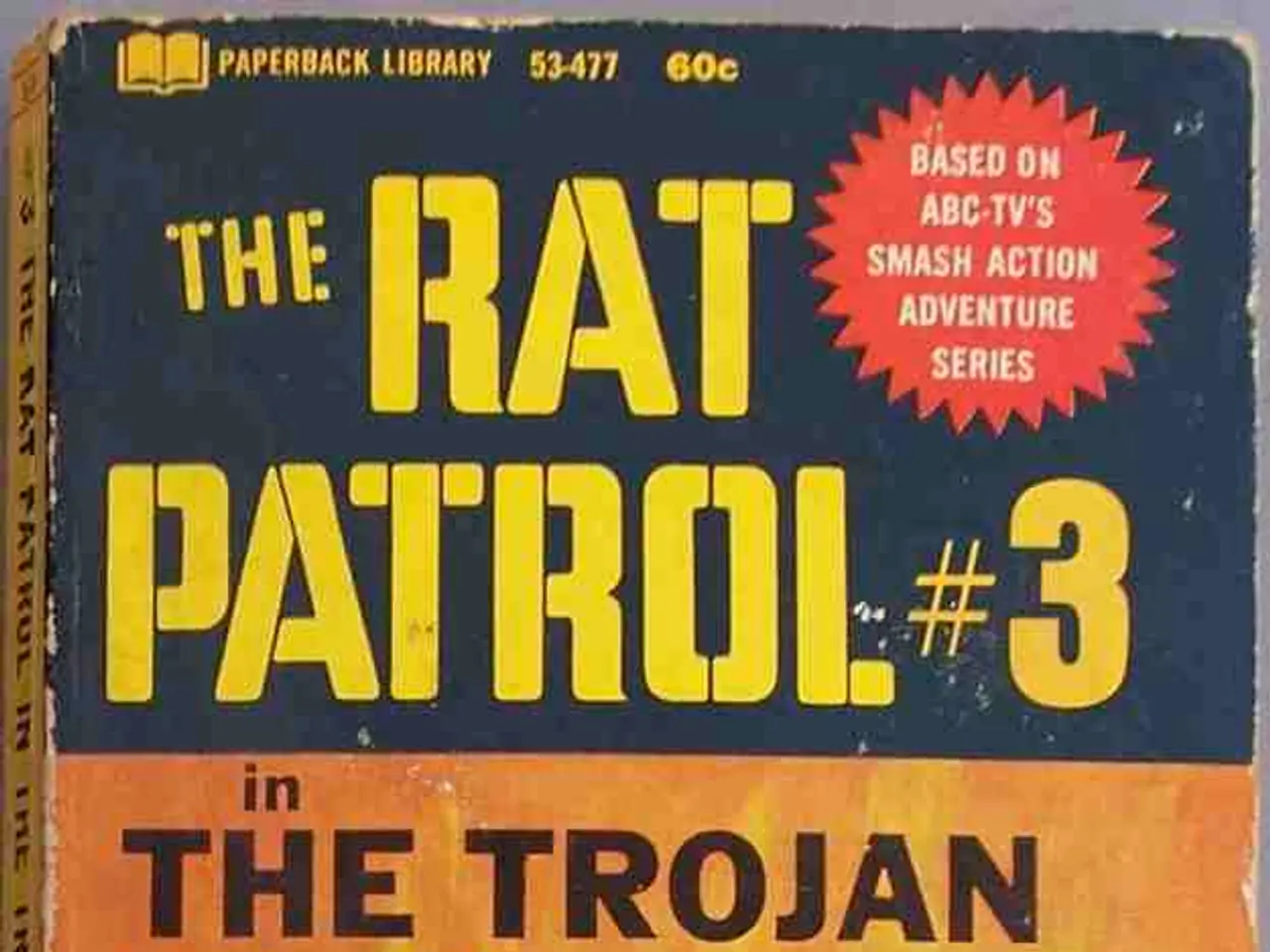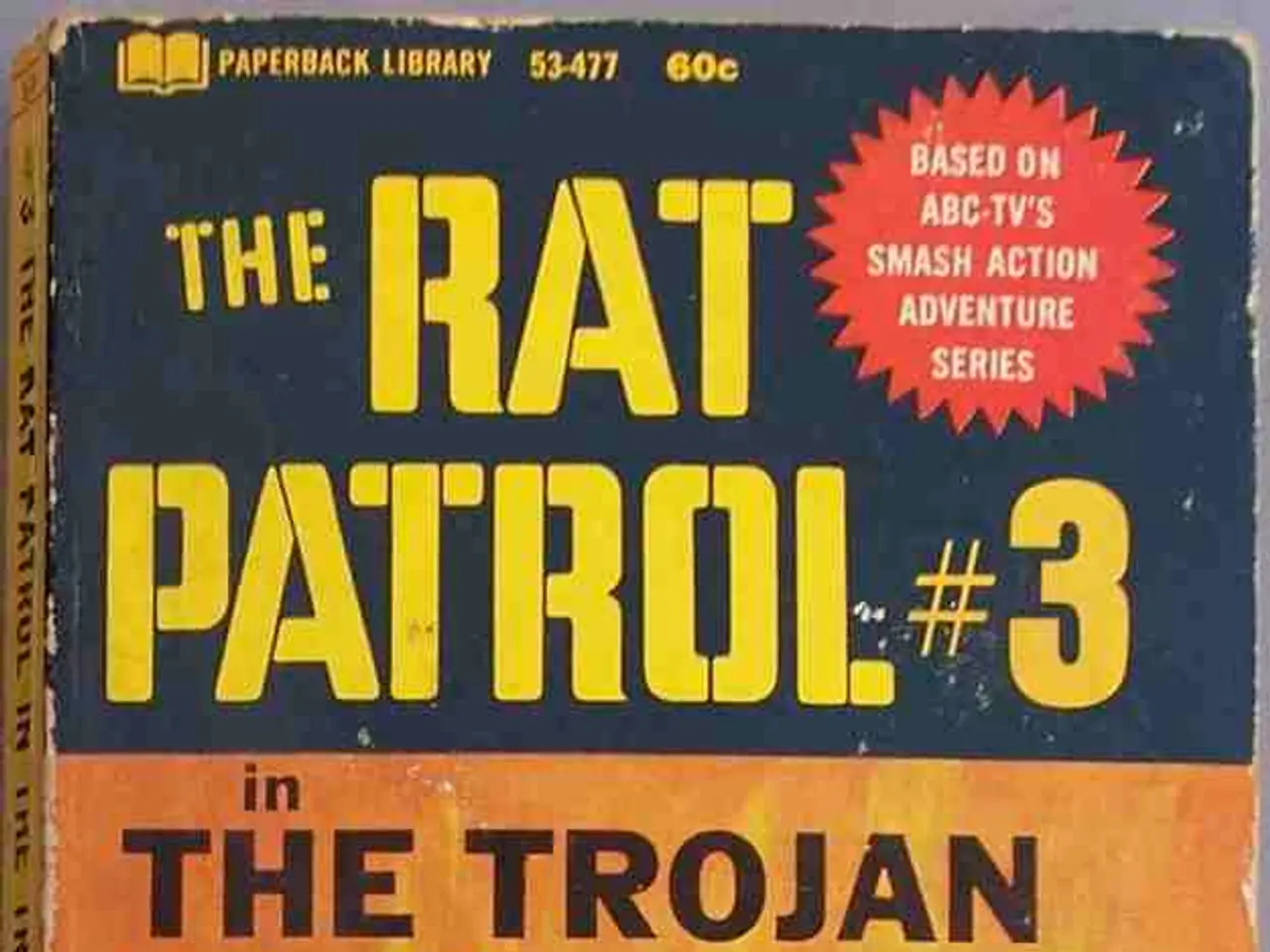Examining Brooklyn's Musical Legacy: Exploring Historical Pieces and Contemporary Findings from Eléonore Biezunski's Music Archive
Eleonore Biezunski Revives Obscure Yiddish Culture Through Music
Eleonore Biezunski, a sound archivist at the YIVO Institute for Jewish Research, is a multifaceted artist who brings elements of Yiddish culture to the forefront through her music. As a violinist, singer, and bandleader, Biezunski's approach to music-making deeply intertwines family history, serendipity, and the pursuit of the numinous.
Family history plays a foundational role in Biezunski’s artistry. Her musical exploration often revolves around uncovering and honoring her Jewish heritage and personal lineage. In her song Tshemodan (which means "suitcase" in Russian), she reflects on memories and ancestral journeys, metaphorically unpacking familial stories and the weight of inherited cultural identity. The suitcase symbolizes the transmission of memory and history, carrying the emotional and historical baggage of migration and diasporic experience.
Serendipity is integral to how these histories come to light in her creative process. A recently discovered cassette tape featuring her grandfather Moishe Rozenbaumas singing cantorial music is a striking moment of chance that bridges past and present. This discovery operates as a generative spark, inviting Biezunski to reconnect with her roots and integrate the sacred musical tradition of her grandfather into her contemporary compositions. Such moments of serendipity emphasize the unpredictable, almost magical encounters with the past that inform her work.
The pursuit of the numinous — the experience of the sacred or spiritually powerful — is central to Biezunski’s music. Cantorial music itself is a genre imbued with deep spiritual resonance, and by engaging with her grandfather’s recordings, she taps into that spiritual dimension. Her incorporation of these elements is not merely ethnographic or archival but seeks to evoke transcendence, emotional depth, and a sense of connection to the divine or mysterious aspects of existence. This pursuit shapes the mood, thematic content, and sonic textures of her music, blending intimate family memory with universal spiritual searching.
Yitzkhak Rozenbaumas, Moishe's father, was also a cantor, and the cassette tape documents him singing elements of his cantorial repertoire, including Yehi Rotson, Tsur Yisroel, and Kol Nidre. These pieces establish his professional identity as a cantor. Biezunski views the music on the cassette as a concrete detail legitimating her experience of voices from the past singing with her.
Biezunski's work as an archivist is exemplary of one strand of the contemporary klezmer scene, which has embraced scholarly research and celebrates the work of a handful of elder representatives of Yiddish culture. However, her musical work is inspired by historical sources and imaginative interpolations, bridging the construct of musical heritage with family history and personal experience. Tshemodan, for instance, was inspired by her relationship with Yiddish poet and folk singer Beyle Schaechter-Gottesman.
The cassette tape has a troubled past and sits uncomfortably in Biezunski’s family history due to Moishe’s difficult relationship with his father Yitzkhak. Moishe was born in Memel, survived the Holocaust by escaping to the Soviet Union, and lost his entire family during the Holocaust except for himself. Despite these challenges, the cassette tape serves as a poignant connection to his past and a testament to the resilience of his spirit.
For Biezunski, listening to the music on the cassette tape is validating in her pursuit of an identity as a Jewish artist. She finds it to be a powerful reminder of her roots and a source of inspiration for her future work. Her music-making and her archival research both share a quality as reparative practices that engage the traumas of violence, displacement, and personal tragedy, offering a means of healing and transformation.
In sum, Biezunski’s music-making is a layered act of retrieval and transformation, where family history provides material and meaning, serendipity opens pathways for discovery, and the pursuit of the numinous infuses her work with a profound emotional and spiritual resonance. Together, these elements create a rich, exploratory practice that honors heritage while inviting contemporary reflection and transcendence.
Eleonore Biezunski's song Tshemodan reflects on family history and ancestral journeys, metaphorically unpacking personal stories and the weight of inherited cultural identity through music. Serendipity leads Biezunski to reconnect with her roots when she discovers a cassette tape featuring her grandfather Moishe Rozenbaumas singing cantorial music, a spiritual genre that deeply resonates with her work.








